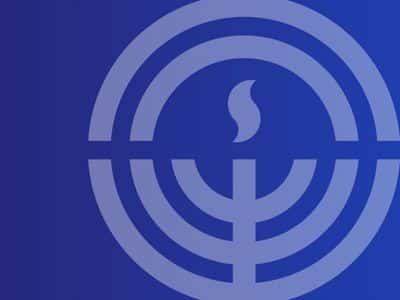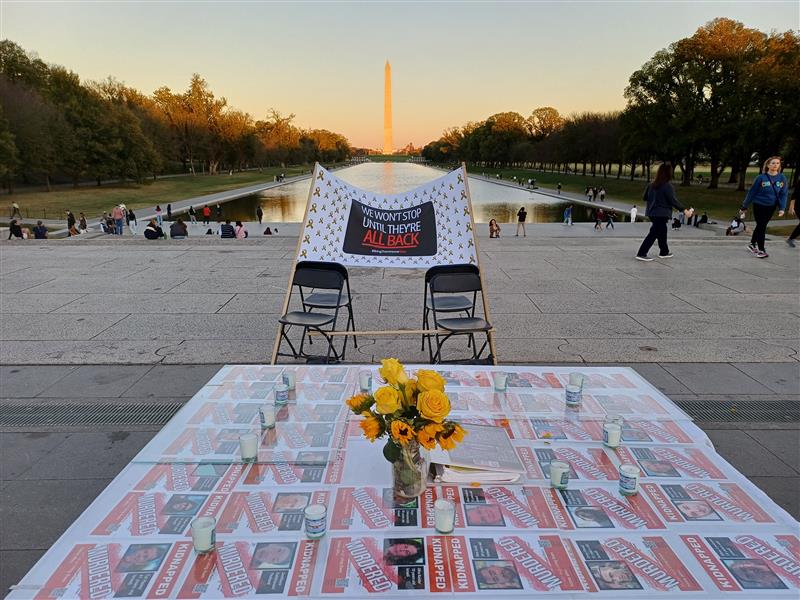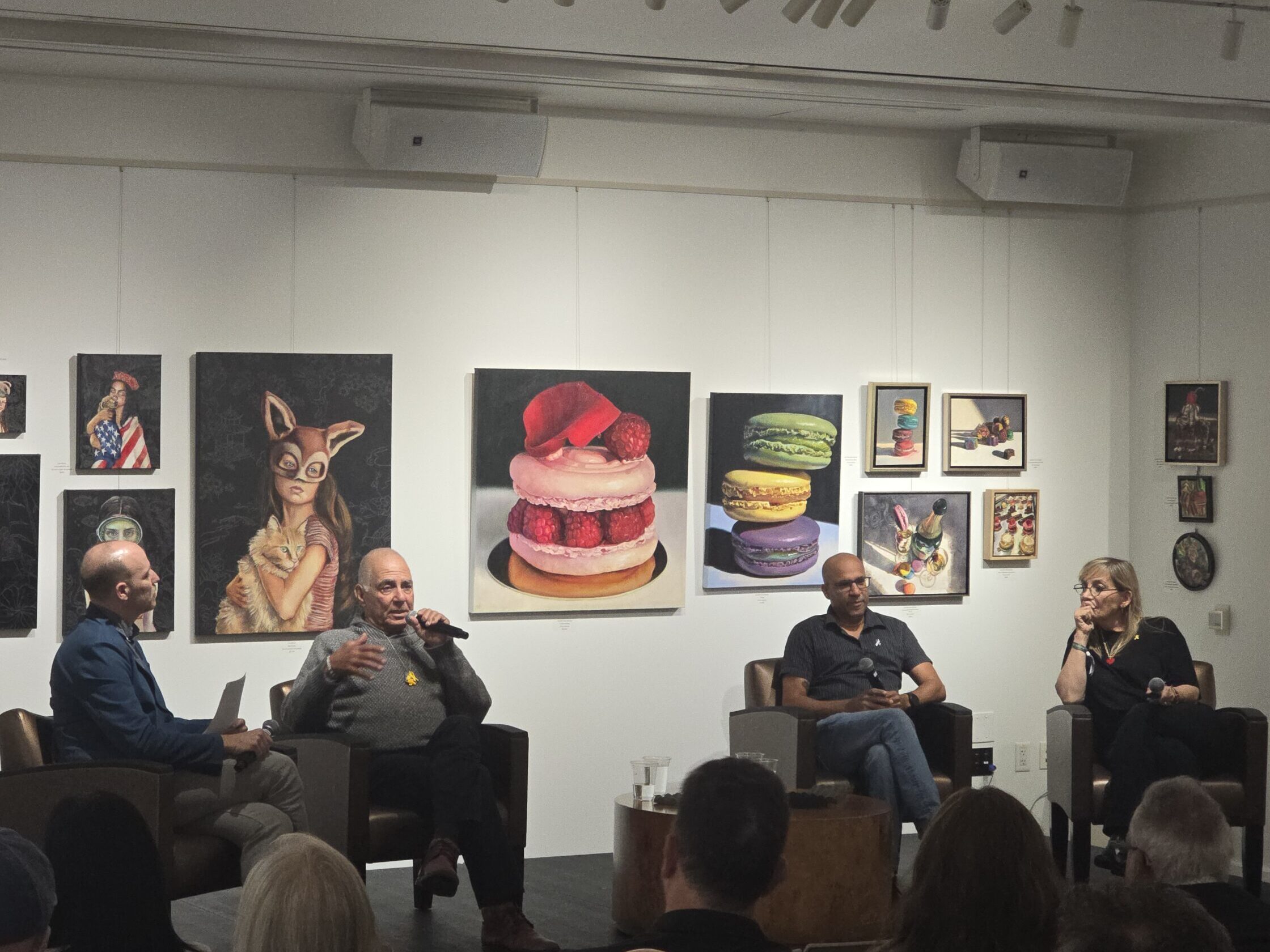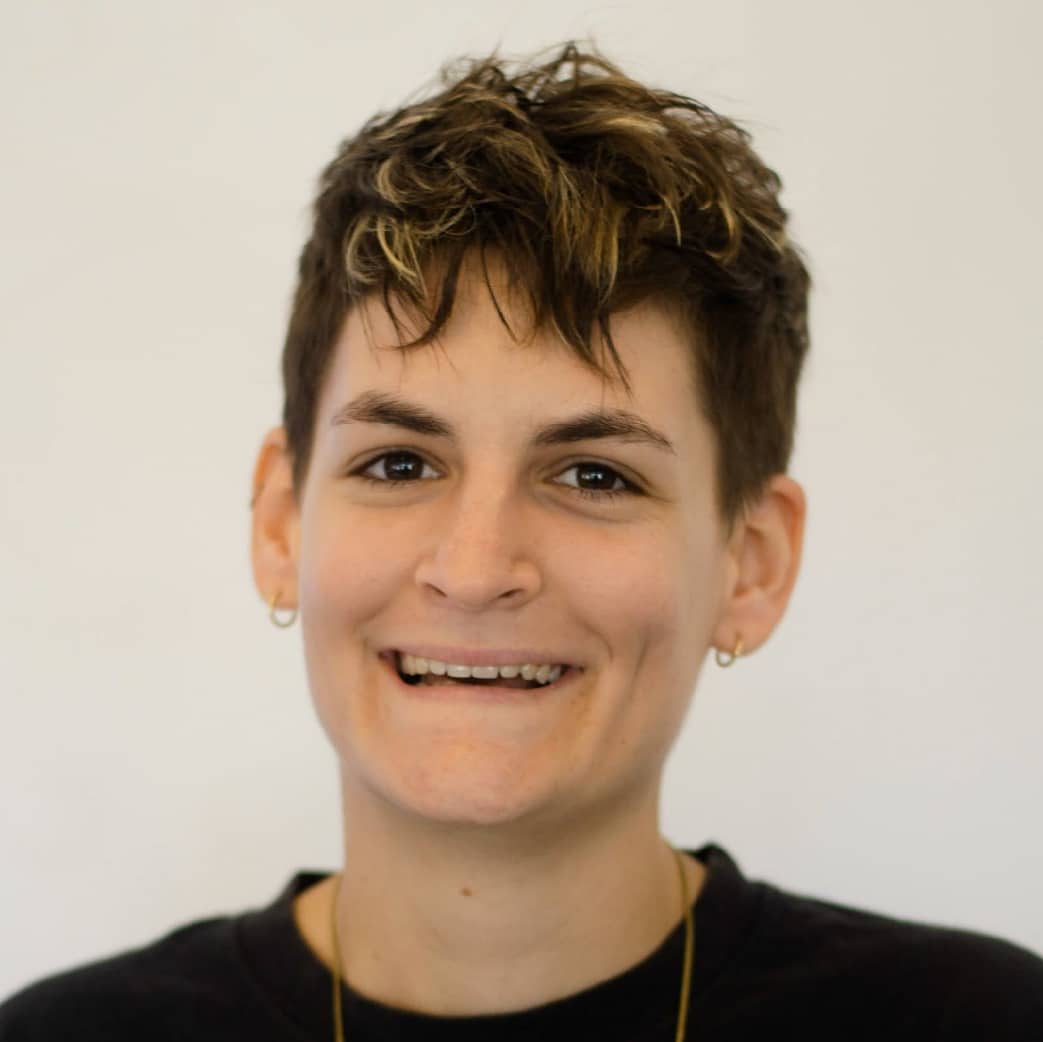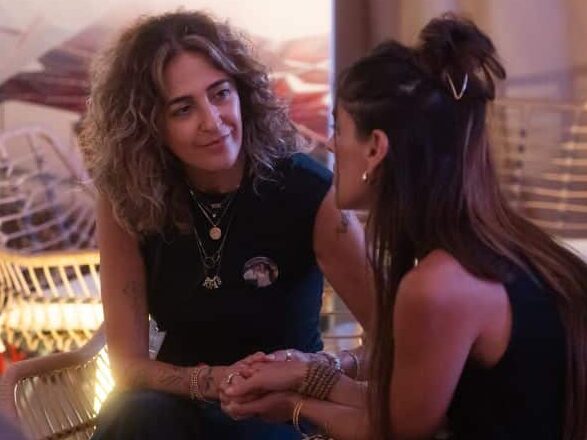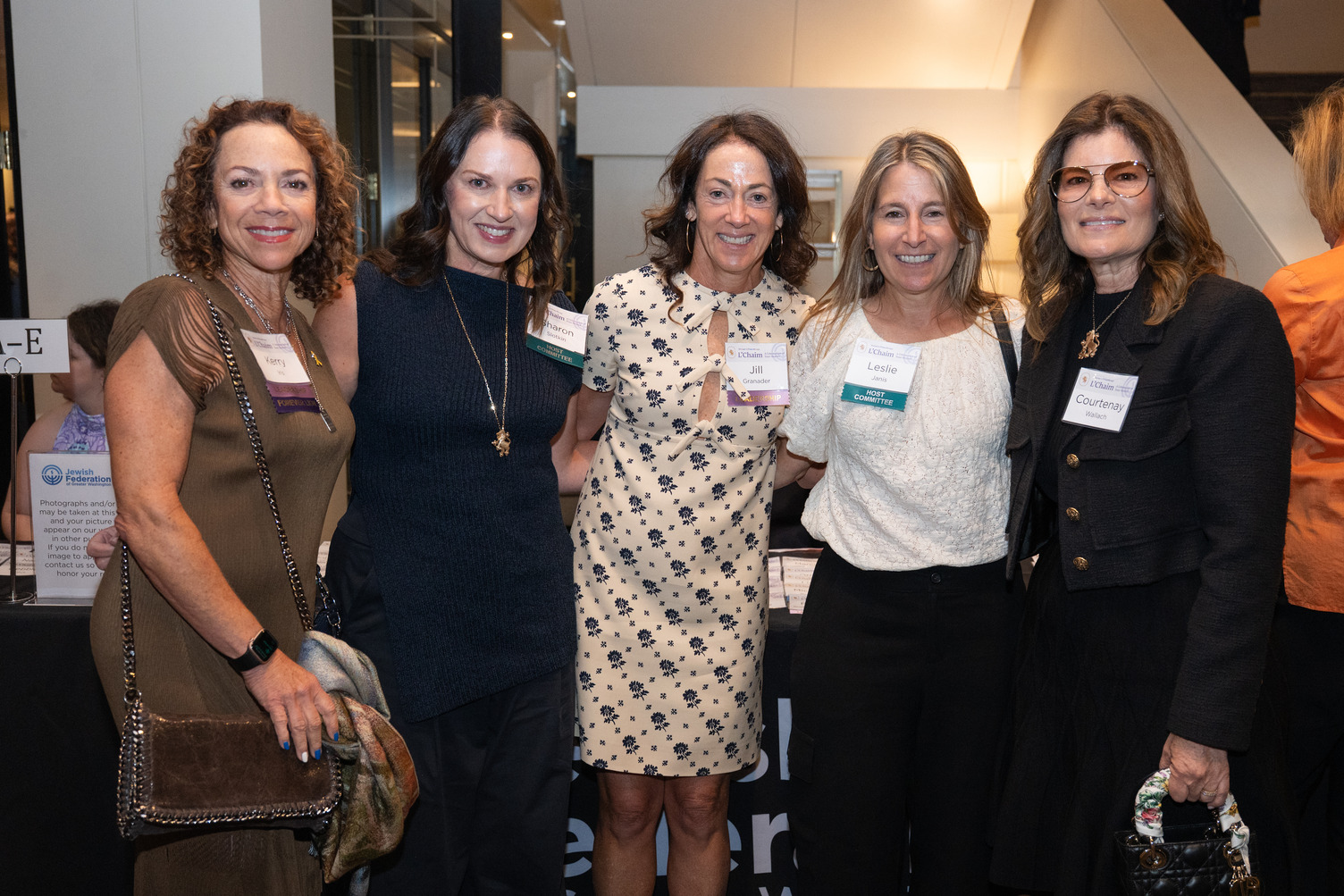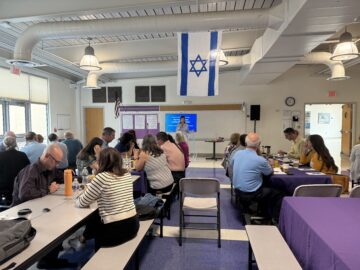Making Room for Hope

More than 700 days have passed since October 7—nearly two years since that horrific morning tore through Israeli life.
And for every one of those days, dozens of hostages have remained in Gaza, held by Hamas in conditions we can barely imagine. Today, that number stands at 48. It’s believed that 20 are still alive.
Among them is Alon Ohel.
A Glimpse of Life
Last week, for the first time since he was taken, we saw Alon.
In a Hamas video, another hostage—Guy Gilboa Dalal—is paraded through Gaza, pleading for his life. Alon appears beside him. A single, fleeting moment. A moment that marks the first visual proof Alon is still alive since October 7, 2023.
It means something. For his family, it means everything.
Until now, they had nothing. No photo. No message. Nothing since Alon disappeared from a shelter near Kibbutz Re’im, after escaping the Nova music festival massacre.
We now know from Hostage, a new book by survivor Eli Sharabi, who was held captive with Alon for months, that Alon was expected to be released in February. But the second-phase deal never came.
And so, seven months later, the agonizing wait continues.
This Sukkot, We Make Room for Them
As we look ahead to Sukkot, a time of shelter and solidarity, we’re preparing to turn our grief into action.
Together with the Hostages Families Forum, Adas Israel, and partners across Greater Washington, we will build a Sukkah of Hope in front of the White House.
A place to gather. To remember. To say out loud: they are still there. And we are still here.
Refusing to Look Away
Even in this unbearable reality, a single photo can mean everything.
It means someone is still alive.
It means their story is not over.
It means we still have time to bring them home.
And it means the world still needs to hold Hamas to account for these ongoing atrocities and the suffering inflicted on so many innocent lives.
We carry that truth into Sukkot, into the shelter we build, the space we hold, and the hope we refuse to let go of.
May this be the year they come home.
And may it also be the year of peace.

